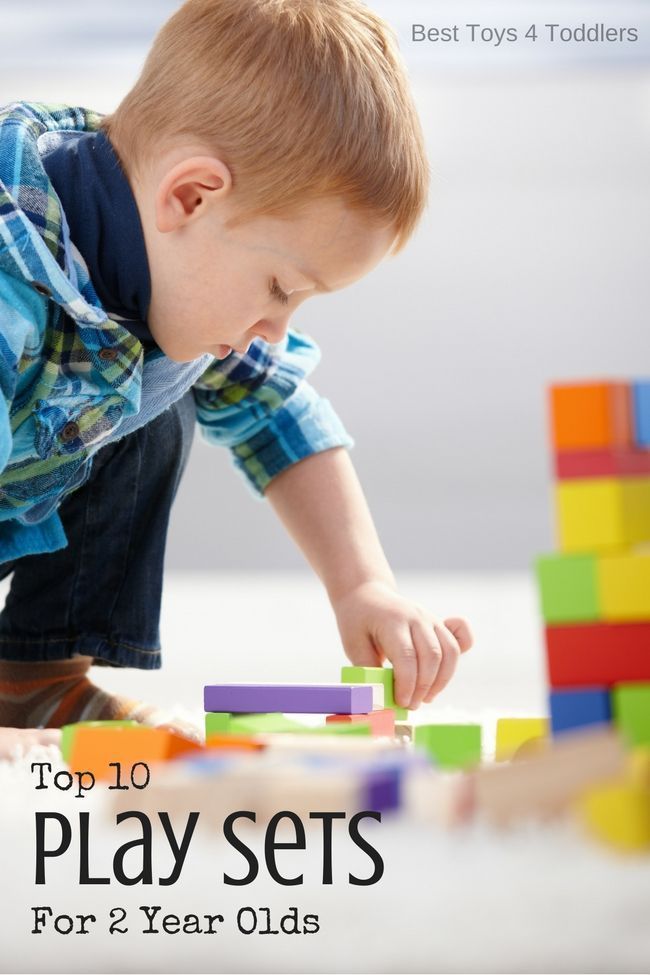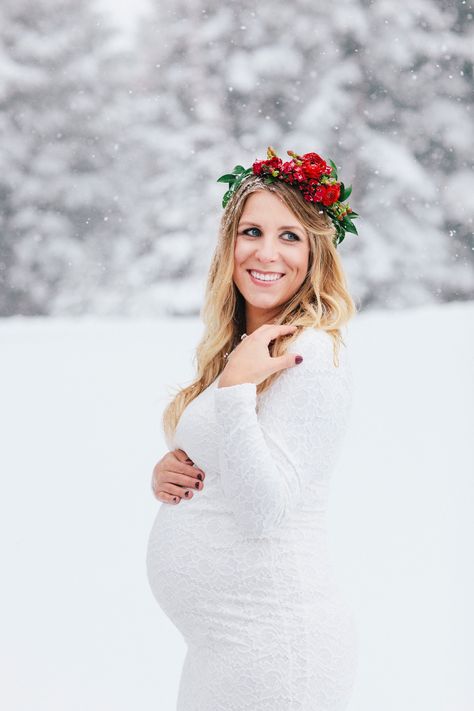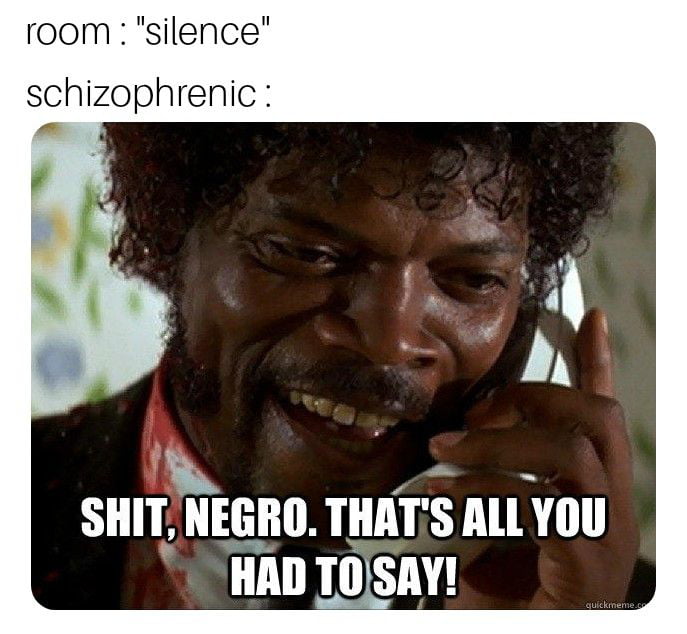How should adults deal with a child who has encountered death
Helping Children Cope With Grief
Whether the loss is a grandparent, a parent, a classmate or even a beloved family pet, the grieving process can be difficult and every child will grieve in his own way. Parents, caregivers and educators wondering how they can help will find many answers to their questions in the following guide, which has been assembled with advice from several experts in the area of child and adolescent grief. You will find tips broken down into a range of ages and experiences, and information about what to say, who should say it, what to look out for and how to help.
After a Loss
We all cope with death and grief differently. If you have several children, you may find that they express how they are feeling in surprisingly divergent ways. This can come down to personality as well as developmental age.
It is a fact that children grieve differently from adults. Young children may not even understand what death means, or that people who have died won’t be coming back. They may worry they have done something to cause the death. On the other hand, they might not seem too concerned about it, or even go from crying one moment to wanting to play the next. It is also normal for a child to feel angry at the person who has died (or someone else entirely). As children get older they may begin to understand more, but will still need help from their parents and other caregivers on how to process and cope with loss.
Knowing what to say and how to support children during this time isn’t easy. It is likely that you, too, are grieving and trying to deal with your own emotions. While you can’t protect children from loss and the pain it may cause, you can play a major role in helping them feel secure and cope in the healthiest way possible.
Who Should Tell the Child?
If at all possible the person delivering the sad news should be the person closest to the child, even if that person is a parent who is also grieving. It is okay if the person sharing the news is sad or crying, but she shouldn’t be so overwhelmed that she doesn’t have control over her emotions, which would alarm the child even more in an already scary and difficult situation. If the grieving parent is too upset to deliver the news somewhat calmly then it should be the next closest person to the child who breaks the news.
It is okay if the person sharing the news is sad or crying, but she shouldn’t be so overwhelmed that she doesn’t have control over her emotions, which would alarm the child even more in an already scary and difficult situation. If the grieving parent is too upset to deliver the news somewhat calmly then it should be the next closest person to the child who breaks the news.
What to Say and How to Say It
There’s no perfect time to share the news so children should be told as soon as possible, within reason. Wait until the end of the school day if that’s only a few hours. The main consideration is that you don’t want your child hearing the news unexpectedly from some other source or walking into a situation where there are a bunch of adults standing around crying or in shock, which could be very scary for him.
Be thoughtful about where to have the conversation. You want to tell your child about the death somewhere where he can feel free to have whatever reaction he is going to have, and that is probably not going to be a public place.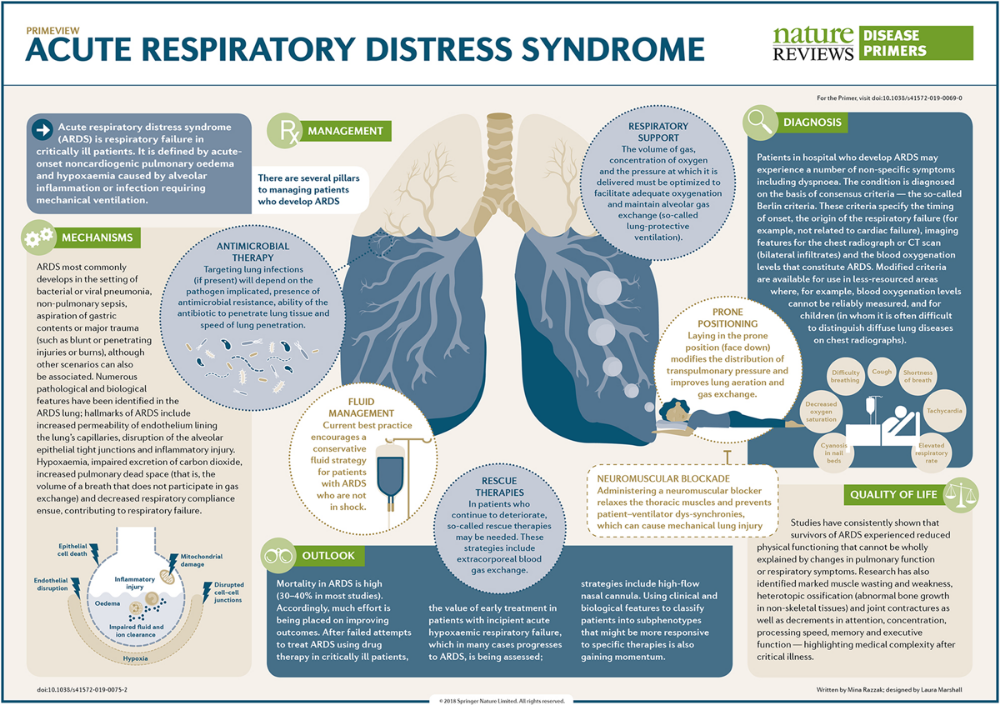 You might have the impulse to lessen the blow by sharing the news in a happy location, like a favorite ice cream parlor, but know that a treat won’t make the news any less sad or difficult for the child.
You might have the impulse to lessen the blow by sharing the news in a happy location, like a favorite ice cream parlor, but know that a treat won’t make the news any less sad or difficult for the child.
Try to use direct language and be prepared to give a brief explanation of how or why the death occurred because children will be curious. You don’t have to go into a lot of detail, however. With kids you want to start with the minimum amount of information and then add more based on the questions they ask. As long as it’s done in a calm and compassionate way, it is best to keep explanations shorter, simpler and more direct.
Guidelines to keep in mindThe words you choose will vary depending upon the child’s age and developmental stage, but experts agree that no matter what the age of the child there are certain guidelines you should stick to.
- Follow their lead. The kinds of questions and concerns that children have can be very different from those of adults.
 Giving children too much information can overwhelm them. It is better to let them ask questions and then answer in the best (and most developmentally appropriate) way you can. Don’t be surprised if young children are mostly concerned about themselves. That is simply how young children are.
Giving children too much information can overwhelm them. It is better to let them ask questions and then answer in the best (and most developmentally appropriate) way you can. Don’t be surprised if young children are mostly concerned about themselves. That is simply how young children are. - Encourage children to express their feelings. Do not try to “protect” or “shelter” children by attempting to hide your own sadness. They will invariably know that something is wrong, but will be left feeling alone and confused. Hiding your own grief can also make children feel like the sadness they may be feeling is bad. However, try not to let children see you at your most upset moments, as they may begin to worry about you or feel insecure.
- Don’t use euphemisms. Avoid phrases like “passed away,” “gone,” “we lost him.” Kids tend to be very literal, and this kind of fuzzy language leaves them anxious, scared and often confused. Or conversely, it may lead them to believe the deceased will come back and that death is not permanent.

- Maintain normal routines as much as possible. Grief takes time but children benefit from the security of regular routines and knowing that life goes on.
- Memorialize the person who died. Remembering is part of grieving and part of healing. This can be as simple as sharing memories of the person who died or bringing up the name of the person who died so that your child knows it’s not taboo to talk about and remember that person. It is important to keep photos around, too.
Advice for the Death of a Pet
For many children, especially young kids, the death of a family pet may mean the loss of a lifelong friend. It may also be your child’s first personal encounter with death. Be open and honest about the incident if the death happens unexpectedly. If your pet is suffering from an illness that requires it to be euthanized, reassure your child that your vet has done everything she can but that your pet was too sick to ever recover. Avoid potentially vague and confusing phrases such as “put down.” Children told the pet has been “put to sleep” can develop a fear of going to sleep.
Avoid potentially vague and confusing phrases such as “put down.” Children told the pet has been “put to sleep” can develop a fear of going to sleep.
Advice for the Death of a Family Member
Death of a grandparent or other relativeThe death of a grandparent is often a child’s first encounter with human loss of life and grieving. If your children have lost a grandparent, you can explain that most people do not die until they are very old, to assuage any fears they have that you or they may die next. If the relative who has died was a younger person like an aunt or an uncle, explain that they had an illness (or accident) that does not usually take the lives of younger people.
Death of a parentThis is a much more difficult and traumatic event for a child of any age to comprehend and cope with. The remaining parent is likely to be very upset, and showing sadness is fine. But choose a time when you feel you can share the news without feeling out of control of your emotions. Explain the death using developmentally appropriate words and make sure children know that they will still be taken care of. In the case of the death of a parent, no matter what the child’s age, professional counseling is often a good idea.
Explain the death using developmentally appropriate words and make sure children know that they will still be taken care of. In the case of the death of a parent, no matter what the child’s age, professional counseling is often a good idea.
If you are a parent or caregiver, keep the child up-to-date on the status of his parent’s health so that nothing comes as a surprise and so that he is not kept wondering and worrying about being there when his parent dies. If possible schedule regular one-on-one time quietly reading, playing cards or just talking with his sick parent so that he has some good memories of how they spent their time together toward the end of his parent’s life.
If you are a teacher or counselor at the child’s school, know that he may need more support and flexibility at this time. Keeping some routines and expectations is still important, as they can help normalize things for a child, making him feel more secure and giving him a break from his worries. Stay in touch with the child’s family and let a caregiver know if you believe the child needs additional support or even to share good news if he has had a particularly good day.
Stay in touch with the child’s family and let a caregiver know if you believe the child needs additional support or even to share good news if he has had a particularly good day.
It is very unexpected when children die, whether by accident or due to illness. In young children such a loss often brings up questions from the surviving child of whether he is also in danger. Parents who suffer the loss of a child are likely to be inconsolable themselves, but it is important to reassure your children that they are safe and you will be there for them. Let them ask questions and know that they may go in and out of grief for many months while you as the parent are more likely to feel it continuously. Do not hesitate to bring in additional adult caregivers, such as a grandparent, aunt or friend for support.
Advice for a Traumatic Death Such as Suicide or Overdose
A traumatic death is particularly hard to talk about, but children will be curious about how their loved one died and you should not avoid giving an explanation. Try to give children developmentally appropriate information without overwhelming them. For example, you might explain that the person had a disease that caused her brain to stop working the way it should, and that the doctors tried to solve the problem but they weren’t able to cure the disease.
Try to give children developmentally appropriate information without overwhelming them. For example, you might explain that the person had a disease that caused her brain to stop working the way it should, and that the doctors tried to solve the problem but they weren’t able to cure the disease.
As children get older you can begin to give more information. If the loved one died by overdose, you can explain that the disease was addiction, which made that person want more of a substance than was good for her. For teenagers, you can let them know what the specific substance was, and assure them that having this addiction didn’t make their loved one bad. As kids get older they may also hear that addiction runs in families. While this is important to keep in mind, you can explain that addiction is a complex disease that is caused by a combination of genes and environment. Having a relative who struggled with addiction does not necessarily mean that they will also struggle with it.
If the loved one died by suicide, you might explain that she had a psychiatric disorder, which is a disease in the brain, and it caused her to die. For older children, do share more information if they ask for it, but avoid sharing troubling details. Assure children that their remaining caregivers are healthy and will take care of them.
For older children, do share more information if they ask for it, but avoid sharing troubling details. Assure children that their remaining caregivers are healthy and will take care of them.
Expect children to be processing this death over the course of many years as their understanding of it changes with age. Dealing with such a difficult and traumatic loss may very well require the help of a professional.
Who Else Should Be Informed?
The people your child spends her time with need to know if there has been a significant loss. Certainly teachers, school counselors, coaches, after-school program directors and other family members should be told.
It is important to keep in mind that you can tell the staff at your child’s school and it may stay on their radar for a week or two, but if the death is significant — like the loss of a parent — then it’s something your child will be dealing without throughout the year and you might need to continuously check in and remind them.
If your child is younger, you should also tell the parents of any of her close friends about the death. If your child is in middle or high school, you should ask if she wants to tell her friends’ parents or if you should do it.
What If Your Child Is Away at College?
If the person who has died is someone significant and the distance to your child’s school is drivable, experts recommend delivering the news in person. In cases where that’s not possible, most schools have a protocol established. Usually if you call the Registrar’s office, they will send a representative who will stay with your child while you deliver the news over the phone, make sure he gets connected with supportive friends, walk with him to the health center if necessary or help him pack a bag and get on a plane to return home for the funeral.
Is It Okay to Give Alone Time?
This depends somewhat on the particular child and on the child’s age. Little kids go in and out of grieving mode so it is okay to let them play alone in a room as long as you stay nearby in case they switch back into grieving. Keep play dates shorter and at your home for a while so that you can monitor them.
Little kids go in and out of grieving mode so it is okay to let them play alone in a room as long as you stay nearby in case they switch back into grieving. Keep play dates shorter and at your home for a while so that you can monitor them.
For teens, alone time after delivering the news is certainly appropriate if they want it. And with both teens and younger kids you always want to ask open-ended questions like, “What do you think?” or, “How are you feeling?” Tell them you know this will take time to process and let them know they can always come back to you with questions or just to talk about the loved one who has died.
How to Handle a Major Event That Is Coming Up
If the death happens right around a holiday it’s unrealistic to expect that you’re really going to be able to have a happy celebration. You might be able to find moments of happiness, but chances are everyone is going to be preoccupied with the loss of the person who has died and you shouldn’t try to hide or force your child to hide her grief. That said, you should still acknowledge important occasions, such as a child’s birthday or graduation, because ignoring them could also be painful.
That said, you should still acknowledge important occasions, such as a child’s birthday or graduation, because ignoring them could also be painful.
If the person who has died is close, the whole year is going to be a year of “firsts” without that person, so celebrations like the first Thanksgiving, birthday, Christmas or Hanukkah without that person are going to be hard. Do what you can to maintain traditions as much as possible, but know, once again, that you and your child will likely experience moments of joy along with some sorrow.
Deciding Whether or Not to Attend the Funeral
Funerals, wakes and memorial services are an important part of the grieving process and a way to say goodbye to the person who has died. But when it comes to whether a child should attend the funeral of a loved one, there is no right or wrong answer. A child should never be forced to attend a funeral. If he indicates that he wants to go, then he should be encouraged to do so.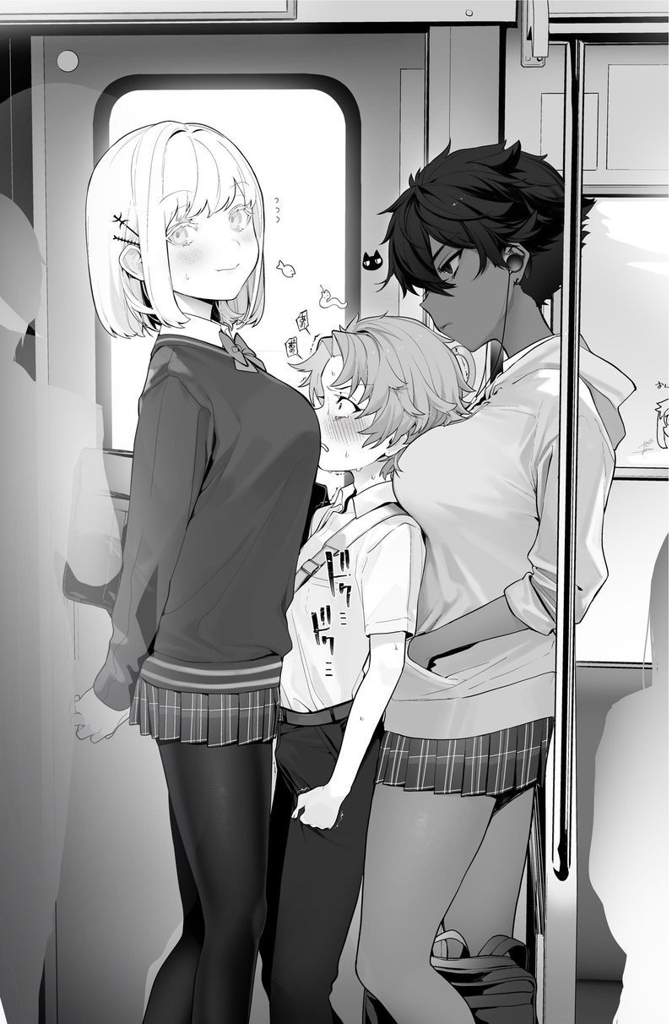 If the child is young, plan to bring a favorite babysitter or someone the child trusts who can leave with the child if he decides he’s had enough before the service is over.
If the child is young, plan to bring a favorite babysitter or someone the child trusts who can leave with the child if he decides he’s had enough before the service is over.
Be sure to prepare your child for what he will see. Let him know that people might be dressed in dark colors and that they will be very sad and some might be crying, for example. Explain if there will be a casket that contains the body, and any other important details.
What to Expect With Kids Ages 2-4
At this age kids lack a real understanding of death and are generally unable to process the permanence of it. They are very present-oriented and don’t understand that death means “forever.” They may ask the same questions over and over again. Be patient, consistent and reassuring. A child who is grieving may have a series of brief but intense responses.
- Possible expressions of grief: Regression to earlier behaviors like thumb-sucking and bedwetting, sleep problems, irritability, confusion.

- How you can help: Provide honest, direct, brief answers to their questions and lots of reassurance and affection. A consistent routine is also helpful. At this age play is their outlet for grieving.
What to Expect With Kids Ages 4-7
Kids this age may still see death as reversible. They may draw inaccurate conclusions that they caused the death — something called “magical thinking.” They tend to ask a lot of concrete questions: “How did he die?” “What will happen to him now?”
- Possible expressions of grief: Nightmares, regression to earlier behaviors, changes in sleeping and eating, violent play, attempting to take on the role of the person who died.
- How you can help: Encourage expression of the child’s feelings through physical outlets as well as symbolic play (drawing and stories) and talking about the person who died.
What to Expect With Kids Ages 7-13
At this age kids’ thinking has matured and they are more logical. They may still want to see death as something that is reversible, but they are beginning to understand that it is final.
They may still want to see death as something that is reversible, but they are beginning to understand that it is final.
School-age children tend to ask specific questions and have a desire for detail. They may also be concerned for how others are responding to the death. They want to know what the “right” way to respond is, and are beginning to have the ability to mourn and to understand and recognize mourning in others.
Despite their more logical thinking they may become overly fearful of sickness and injury because they don’t quite understand the mechanisms by which people die. Kids can also get fixated on why someone died, especially if it violates their logical principles of right and wrong. Under both of these circumstances try to help children develop an explanation for the death that makes sense to them. When they get older they can begin to understand the loss in a more sophisticated way.
- Possible expressions of grief: Regression, school problems, withdrawal from friends, acting out, changes in eating and sleeping habits, overwhelming concerns over their own body, thoughts about their own death.

- How you can help: Encourage the expression of feelings no matter what they are. Explain options and allow for choices around funerals and memorial services. Be present, but allow alone time, too. Encourage physical outlets. Don’t avoid talking about the death or answering questions.
What to Expect With Kids Ages 13-18
Teenagers are capable of abstract thought and have a much more “adult” concept of death.
- Possible expressions of grief: Extreme sadness, denial, regression, risk-taking, preference for talking to peers and others outside of the family, depression, anger, acting out, even possible suicidal thoughts.
- How you can help: Encourage them to talk — if not to you, then to friends, teachers or a therapist. Do not attempt to “make it all better” or dismiss their grief. Allow them to mourn. Be available but respect their need to grieve in their own way.

When to Get Professional Help
Grieving is a natural process and it takes time. But symptoms that persist beyond six months or are very impairing can indicate that your child may need professional help to overcome her grief. Some signs your child may need professional help include:
- Nightmares
- Belief that the world is generally unsafe
- Irritability, anger and moodiness
- Poor concentration
- Appetite or sleep disturbances
- Ongoing behavior problems
- Persistent regression to earlier behavior in young children, such as clinging, bedwetting or thumb-sucking
- Difficulty sleeping
- Detachment or withdrawal from others
- Use of alcohol or drugs in teens
- Inability or refusal to go to school, learn or play with friends
- Anxiety
- Ongoing depression
- Suicidal thoughts
Taking Care of Yourself
While your first impulse may be to protect and comfort your children, it is crucial that you seek help for your own grief. If you are parenting or supporting a grieving child, one of the best ways to help is to ensure that you are taking care of yourself, too.
If you are parenting or supporting a grieving child, one of the best ways to help is to ensure that you are taking care of yourself, too.
Find good sources of support. Research shows us that how well a child does after a death is linked to how well the adults in his life are doing. This doesn’t mean hiding your grief from your child. Rather, it means ensuring that you have people and activities in your life that provide comfort. If you need help or some time to take a break and clear your head, prioritize asking for it.
By accessing support, you model for your children ways to take care of themselves, and you reassure them that you will have the energy and presence to be there for them. Be prepared to accept help from friends, relatives and possibly mental health professionals.
How Educators Can Help Kids
Schools play a major role in children’s lives, and after a death — either a death in the family or in the extended school community — it is natural to expect that kids may experience grief that impacts their time at school or their ability to do schoolwork. Here are some guidelines for teachers and school psychologists on how to help make sure students feel supported and are coping in a healthy way.
Here are some guidelines for teachers and school psychologists on how to help make sure students feel supported and are coping in a healthy way.
- Return to routine. Help students return to a normal routine as soon as possible. Kids of all ages do better when they know what to expect, and routine makes them feel safe and reassures them that the adults are in control and keeping them safe. If it’s one child who has suffered a loss, work with that child’s parents or caregivers to resume a normal routine as much as possible even if it means modifying classroom work and/or homework for a period of time while the child is still grieving.
- Be alert. Teachers should watch for signs that a child might be struggling and need extra help. Kids who are unable to function in the classroom, withdraw from friends, display behavior problems or seem to be experiencing intense sadness, fear or anger should be referred to a guidance counselor or school psychologist who should work with the parents to get the child professional help.
 Other signs a child may need help include physical manifestations of intense grief, including headaches, stomachaches, intense fatigue or inability to concentrate.
Other signs a child may need help include physical manifestations of intense grief, including headaches, stomachaches, intense fatigue or inability to concentrate.
- Memorialize. For kids who are school-age (at least six or older), some kind of age-appropriate memorial is a helpful way to remember a teacher, administrator or student who has died. They should be kept relatively brief and tailored by grade level. A guidance counselor or school psychologist is often the best person to organize this kind of event with input from the family of the person who died.
- Stay in touch. Teachers and the school administration should stay in touch with parents in the days and weeks after the death has occurred. Parents should be kept up-to-date about the school’s programs and activities so they can be prepared for discussions that may continue at home.
The Role of the School After a Student Suicide
There are few things more upsetting to a community than when a teen takes his own life. Here are several things school officials and teachers can do in the wake of this kind of tragedy to make sure students feel supported.
Here are several things school officials and teachers can do in the wake of this kind of tragedy to make sure students feel supported.
- Closely monitor students who are thought to be “at risk” since a depressed teen is at even greater risk of suicide after a peer commits suicide. Some teens turn to alcohol or drugs as a way of coping with this kind of tragedy. Parents should be advised to watch for unusual behavior in their teens, and teachers who suspect any risky behavior should refer those students to the school psychologist.
- Talk about the suicide openly and matter-of-factly. Educators and parents should work together to convey consistent messages about the circumstances of the death and reduce confusion and misinformation. Hiding the facts of the suicide from students can result in anxiety and mistrust of the adults upon whom they should be able to rely for reassurance. Explaining the death in a matter-of-fact way can also prevent sensationalizing it.
- Suicide should be explained in terms of an unrecognized or untreated mental illness.
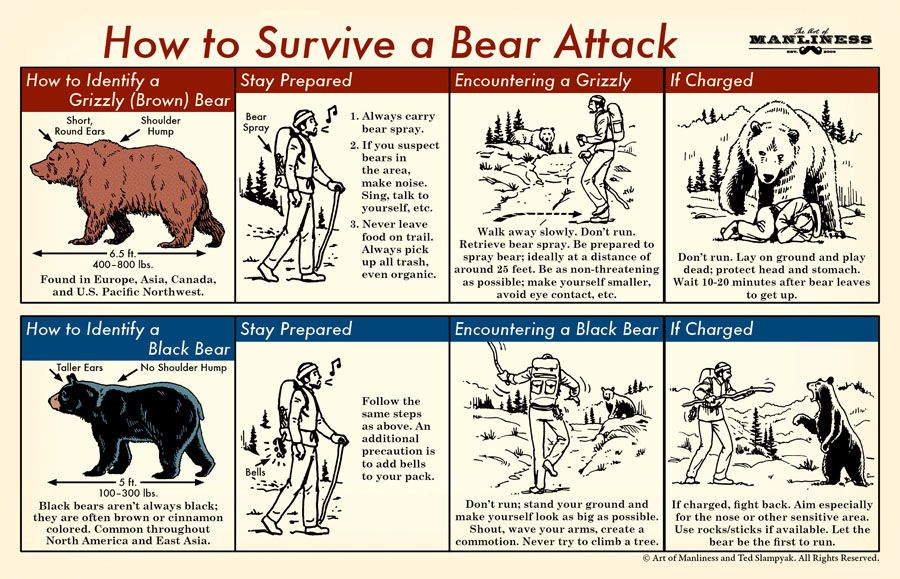 It should be explained (ideally by a professional therapist) that people with a mental illness often hide their pain even from those who are closest to them. And even if they were in treatment, some people can still die of suicide while seeing a therapist, just as some people can die of cancer even though they are seeing an oncologist.
It should be explained (ideally by a professional therapist) that people with a mental illness often hide their pain even from those who are closest to them. And even if they were in treatment, some people can still die of suicide while seeing a therapist, just as some people can die of cancer even though they are seeing an oncologist. - Keep checking in with students. An event like the suicide of a classmate takes time for kids to process and the fallout — academic, social and emotional — may unfold over several months.
- Some kids, whether they were close to the student who died or not, may feel guilty — as if they could or should have known something was wrong or could have done something to stop the suicide. It is important to stress that this is a common response when a death is hard to accept, but that there is nothing they could have done personally to change the situation.
- Even though the person who died committed suicide, a school-wide memorial that celebrates his life is still a good idea so that his classmates can remember more than just the way he died.
 Students who want to should be encouraged to participate by speaking, sharing memories, making video montages, etc. It is important, however, not to go into too much detail about the death itself or to glamorize the death. Death is supposed to be scary and something we want to avoid. Talking too much about the details of a suicide can take away some of this scariness and make other students in the community more likely to consider suicide if they are already depressed.
Students who want to should be encouraged to participate by speaking, sharing memories, making video montages, etc. It is important, however, not to go into too much detail about the death itself or to glamorize the death. Death is supposed to be scary and something we want to avoid. Talking too much about the details of a suicide can take away some of this scariness and make other students in the community more likely to consider suicide if they are already depressed. - By giving kids opportunities to share their feelings in a range of settings (both one-on-one and in a group) and by talking about the suicide openly, schools can help students put the death in perspective and heal in a healthy way.
Recommended Books for Kids
- Samantha Jane’s Missing Smile: A Story About Coping With the Loss of a Parent, by Donna Pincus, for ages 5 and up
- I Miss You: A First Look at Death,by Pat Thomas, for ages 4 and up
- Good Answers to Tough Questions About Death,by Joy Berry, for ages 6-12
- A Complete Book About Death for Kids, by Earl Grollman, for all ages
- Everett Anderson’s Goodbye,by Lucille Clifton, for ages 5-8, about a father’s death
- My Grandson Lew, by Charlotte Zolotow, for ages 5 and up, about a grandparent’s death
- When Something Terrible Happens, by Marge Heegaard, for ages 8 and up
- When Someone Very Special Dies, by Marge Heegaard, for ages 8 and up
- Help Me Say Goodbye: Activities for Helping Kids Cope When a Special Person Dies,by Janis Silverman, for ages 8 and up
- Lifetimes: The Beautiful Way to Explain Death to Children, by Bryan Mellonie, for all ages
- The Fall of Freddie the Leaf,by Leo Buscaglia, for all ages
- The Next Place, by Warren Hanson, for all ages
The Death of an Adult Child
The Death of an Adult Child - Compassionate FriendsClose
Close [x]
- Contact
The death of any child, regardless of cause or age, is overwhelming to parents, who can never be fully prepared for their child to die before them.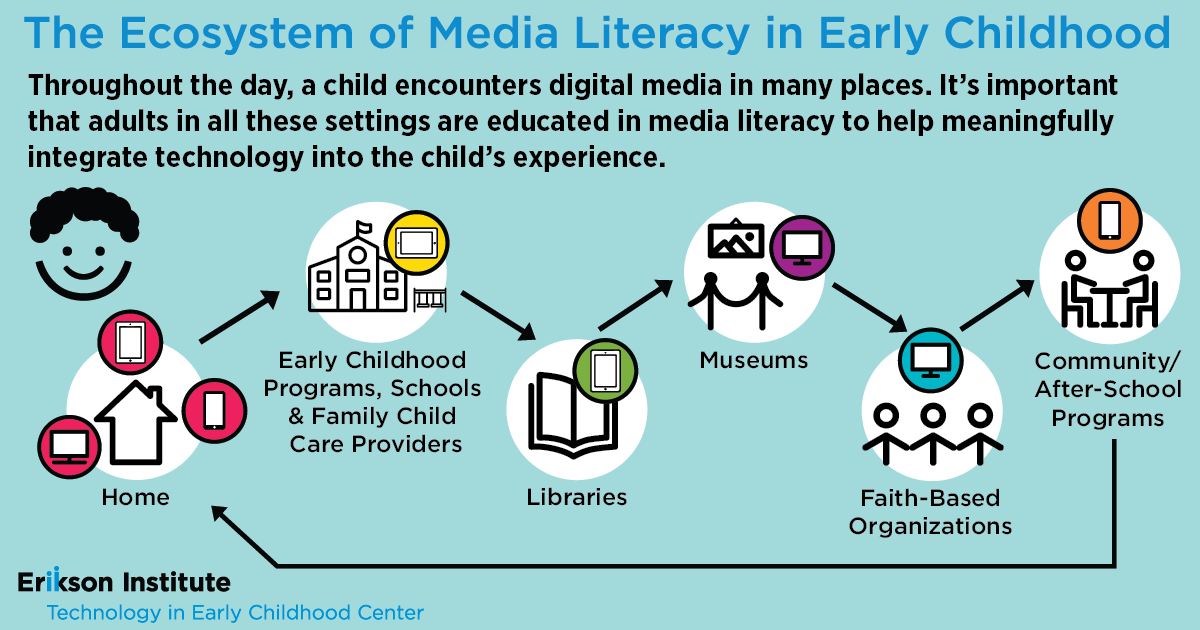 Parental grief is intense, long-lasting, and complex.
Parental grief is intense, long-lasting, and complex.
The grief and the healing process contain similar elements for all bereaved parents, but for those whose adult child has died, there are additional factors that may affect their grief. Others often assume that when the child who died was an adult, the parents’ pain is less than if the child was young. Parents whose adult child has died often find their grief discounted or disallowed.
Discounted Grief
If an adult child dies as a result of an accident or illness, parents are frequently told by friends or family that they should be grateful their child lived as long as he or she did. Of course, you are grateful to have had your child for 20 or 30 years, or sometimes much longer, but that does not mean your grief is lessened.
Many parents have observed that their relationship with their adult child had evolved into one of friendship. Not only do they feel they have lost their child—they have lost a friend, often their best friend, as well.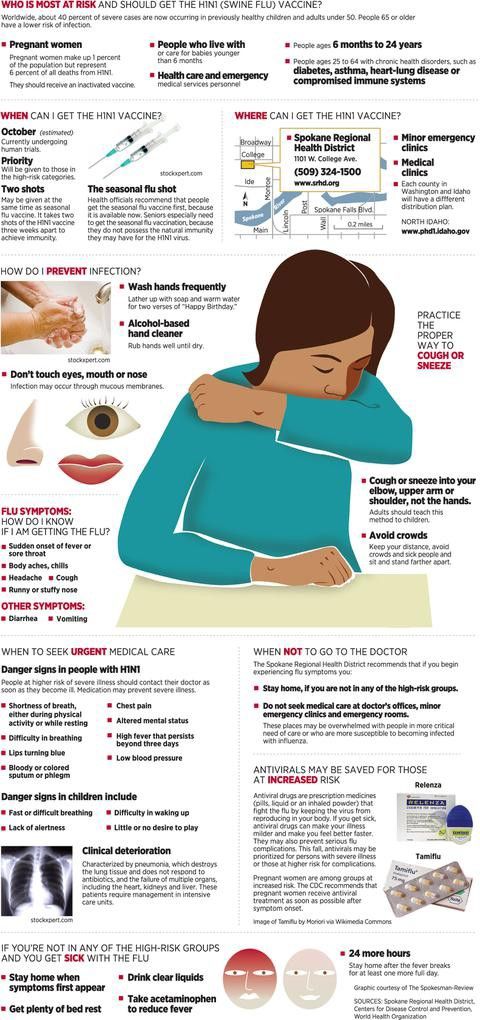
Over time it is normal for the relationship between parents and older children to develop from parent child to a more mature relationship. Parents who have loved, reared, and encouraged their child’s development into maturity and a full life of their own, feel a sense of pride and accomplishment as the adult child completes his or her education, establishes a career and develops adult relationships. By the time a child has reached adulthood, parents have made an immense emotional and financial investment in this person. When that life has not run its anticipated span, there is often a sense of abandonment combined with total futility. Parents often question their own purpose in life, since everything they invested in their child now seems for naught.
Discounted grief also occurs when the adult child dies from a cause that makes others uncomfortable or judgmental.
Guilt
Most bereaved parents experience guilt for having outlived their child. When adult children die as the result of suicide, substance related causes, driving drunk, AIDS, or other reasons that carry a social stigma, many parents often experience an even more intense sense of guilt for not having realized that their child was having serious difficulties. Parents often wonder what they could have done differently to prevent the situations that may have caused their child’s death.
Parents often wonder what they could have done differently to prevent the situations that may have caused their child’s death.
Judgmental statements from others indicating that the child died as the result of his or her own actions only add to the intense pain and sense of isolation and defeat felt by the parents. When suicide is involved, others may ask why no one saw it coming, causing the parents to feel they should have been able to see something often hidden deep within their child that not even experts in the field can always foresee.
Many times adult children live in a different area from the parents, and will have become established with their own homes, families, and careers. Thus, the parents have already dealt with the separation and adjusted to the changed routine or the empty nest syndrome. However, those who have not fully accepted the child leaving home, or the circumstances of their leaving, may find their grief greatly intensified.
Some parents were supporting their adult child due to a physical or mental illness, or when suffering difficulties with drugs or alcohol. This son or daughter may have become the focus of their lives, and the death leaves a huge void in the daily routine, which adds to their grief and feeling of loss.
This son or daughter may have become the focus of their lives, and the death leaves a huge void in the daily routine, which adds to their grief and feeling of loss.
Other Issues Often Faced by Parents When an Adult Child Dies
- If the adult child was married or had a family, the focus will usually be on the grief of the child’s immediate family and not the parents.
- If the child was unmarried, there will be property, finances, estate, wills, and other legal issues with which the parents must contend.
- If the adult child was married, decisions and choices made around a memorial/funeral service will most often be made by the spouse, and input or thoughts from the parents are not welcomed or taken into consideration.
- If the adult child had children, they may need comforting as the surviving spouse is usually exhausted physically and emotionally and may be unable to comfort the children, who are also grieving.
- The parents of an unmarried adult child may be the ones who have to notify the child’s employer, pastor, and friends.
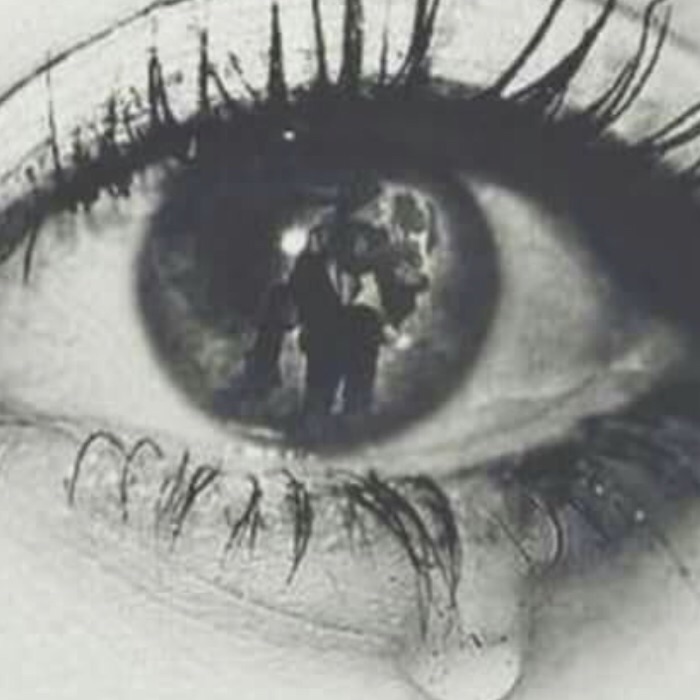
- Parents eventually may have to handle the emotions that will arise when the spouse dates or remarries.
- Parents, especially those who are elderly or whose only child has died, may experience fears and concerns regarding who will take care of them in later years or in the case of failing health.
- If the parent has been financially or emotionally dependent upon the adult child, decisions must be made regarding where to turn for support.
Facing the Future
Be assured that a sense of purpose and meaning does return and the pain does lessen. One of the most demanding challenges you will face is to refocus your life.
Reexamining priorities and even questioning belief structures is not abnormal. If you are working outside the home, concentrate on arranging additional time off from work and plan ahead how you will handle special days such as anniversary dates and holidays. Often the day is easier than the fear that may lead up to it.
With remaining family, talk about the death, the loss, and the pain. Revisit the good memories of your child, and not just the immediate memories of the death. Try to understand that every person within the family will be grieving in their own manner. It is better to express feelings than to internalize them; crying has been proven to be healthy and therapeutic.
Allow friends to help. When they ask what they can do for you, don’t be afraid to tell them of your needs. This will also help them.
While professional help may be needed, many parents do turn to The Compassionate Friends for support, finding hope and comfort by sharing their story with others. In this way they may gain insights into their reactions and learn ways to cope. Sharing also eases loneliness and allows expression of grief in an atmosphere of acceptance and understanding.
Bereaved parents often want to do something constructive in memory of their sons or daughters.
Many have established memorial funds, created scholarships, made donations to special charities, given books to libraries, planted trees, and become involved in helping others.![]() For many, such acts keep the memories of their children alive and vibrant, giving them and others opportunities to feel the beauty of the life and love of their child. Not only are these activities a wonderful tribute, but they can also be very healing while providing a sense of purpose to the parent.
For many, such acts keep the memories of their children alive and vibrant, giving them and others opportunities to feel the beauty of the life and love of their child. Not only are these activities a wonderful tribute, but they can also be very healing while providing a sense of purpose to the parent.
This brochure is sponsored by Joe and Janet Neal
in loving memory of their son, Josh
© 2017 The Compassionate Friends, USA
Find a Local Chapter
Use the chapter locator to find out information about chapters in your area. Locate a Chapter by selecting your state and zip code.
Sign Up for the Compassionate Friends Newsletter
© 2022 The Compassionate Friends. Privacy Policy
This site was donated by the Open to Hope Foundation in loving memory of Scott Preston Horsley.
Loss of a loved one by a child: first aid //Psychological newspaper
In the fall of 2013, I came to work as a teacher-psychologist at the Regional Social and Rehabilitation Center for Minors. Our Center is home to children aged 3 to 18 who find themselves in a difficult life situation. Often these children are from families of the “risk group”, where one or another factor is present, for example: burdened heredity, low material level of the family, poor living conditions (unsanitary conditions), parents leading an asocial and antisocial lifestyle (alcoholism, drug addiction, family scandals, fights, the presence of convicted family members, etc.).
Our Center is home to children aged 3 to 18 who find themselves in a difficult life situation. Often these children are from families of the “risk group”, where one or another factor is present, for example: burdened heredity, low material level of the family, poor living conditions (unsanitary conditions), parents leading an asocial and antisocial lifestyle (alcoholism, drug addiction, family scandals, fights, the presence of convicted family members, etc.).
I would like to share the practical experience that I gained in dealing with the need to inform children about death. First, I would like to talk about the readiness of a psychologist working in this direction. When working with grief, the psychologist must be aware of their own limitations and unresolved topics, be ready to meet the strong feelings of the child. The relatives of the child must report the death of the mother (father), but this is not always possible. The specifics of my work involves such situations when our pupils suffer grief - the loss of a loved one, and it is I who must tell the child about the death of a loved one.
Atl can be very difficult. Less than a month after starting my work at the Center, I was faced with the fact that I had to inform a 5.5-year-old girl about the death of her mother. Relatives categorically refused to be messengers of such news. And this mission fell to me. I invited the girl to a conversation, for a long time I could not get to the point, because I had never had to make such a message before. Children are very sensitive to the state of an adult nearby. The girl herself started talking about her mother, although, according to the teachers, she did not remember her in recent months. I asked her to draw her mother. In the process of drawing, we talked, the girl shared her fears, talking about those moments when her mother, in the stage of intoxication, behaved inappropriately, as well as about the few bright memories, using the phrase "it was a long time ago." After the conversation, I was confused, it was difficult for me to adequately assess what was happening - the girl's ambivalent feelings for her mother, my own feelings regarding the information that I heard from the child. As a result, I was not able to tell the pupil about the death of her mother, because I was overwhelmed with emotions that I could hardly contain. Then I turned for help to the teacher, with whom the girl had the closest emotional contact. Later, assessing this situation, I realized that at that time I was shocked by the revelations of the child, moreover, I did not survive my own loss of a loved one. I had the courage to admit to the educator that I was not able to correctly make the message.
As a result, I was not able to tell the pupil about the death of her mother, because I was overwhelmed with emotions that I could hardly contain. Then I turned for help to the teacher, with whom the girl had the closest emotional contact. Later, assessing this situation, I realized that at that time I was shocked by the revelations of the child, moreover, I did not survive my own loss of a loved one. I had the courage to admit to the educator that I was not able to correctly make the message.
4 years later, a similar situation happened to my colleague. She informed the teenager about the death of her mother. The psychologist was not ready for the bright affective reaction that the boy gave out. Also, this situation provoked personal memories, as a result, the colleague herself succumbed to emotions that she could not cope with. The teenager's reaction was excessively violent and prolonged, which led to a crowd of people who are completely out of place at the moment. All, of course, out of good intentions, began to give different advice "calm down, don't cry, you can't tear yourself like that . ..". A colleague who was overwhelmed with emotions could not fulfill her professional duties. I considered it necessary to intervene: clear actions were needed here, since the minor could hardly understand the speech addressed to him and everything that was happening around. I led the teenager out of the room so that there were as few people present as possible. She approached, lifted from a chair, hugged and walked beside him, the boy had extreme retardation of movements, laid him in a horizontal position, covered him with a warm blanket, gave him tea (to reduce the chills), the nurse gave a sedative drug, an ambulance was called. I stayed close to the teenager, maintaining the position of helping. In such a situation, do not be embarrassed, help a colleague. This does not violate professional ethics, you are acting in the interests of the child. Colleagues, adequately assess your strengths and resources. This does not mean that you are incompetent, you are a living person with your own history.
..". A colleague who was overwhelmed with emotions could not fulfill her professional duties. I considered it necessary to intervene: clear actions were needed here, since the minor could hardly understand the speech addressed to him and everything that was happening around. I led the teenager out of the room so that there were as few people present as possible. She approached, lifted from a chair, hugged and walked beside him, the boy had extreme retardation of movements, laid him in a horizontal position, covered him with a warm blanket, gave him tea (to reduce the chills), the nurse gave a sedative drug, an ambulance was called. I stayed close to the teenager, maintaining the position of helping. In such a situation, do not be embarrassed, help a colleague. This does not violate professional ethics, you are acting in the interests of the child. Colleagues, adequately assess your strengths and resources. This does not mean that you are incompetent, you are a living person with your own history.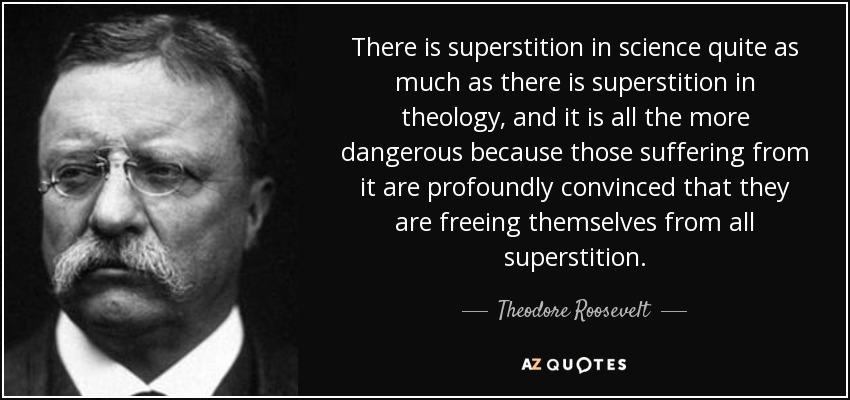 If you find it difficult to make such messages, it is better to admit it honestly, first of all, to yourself and seek help. Children's reactions are difficult to predict.
If you find it difficult to make such messages, it is better to admit it honestly, first of all, to yourself and seek help. Children's reactions are difficult to predict.
So how do you tell your child about the death of a loved one? When communicating, there should be a calm atmosphere, the voice is quiet and even, but not tragic. The words are age appropriate. I start like this: “In our life there are different events - good and not so good. Today I have to inform you about a sad event - your mother (dad) has died. If you are talking with a preschool child, be sure to use the word "died", you can not say "fell asleep, will not return, flew to heaven" this leads to a distortion of the acceptance of information. Be prepared that some children may be angry with you, show verbal and non-verbal aggression. They are not in control of their feelings and actions.
You must patiently explain the situation, as well as voice the reason for their emotional state: “You are angry with me because I told you about the death of your mother.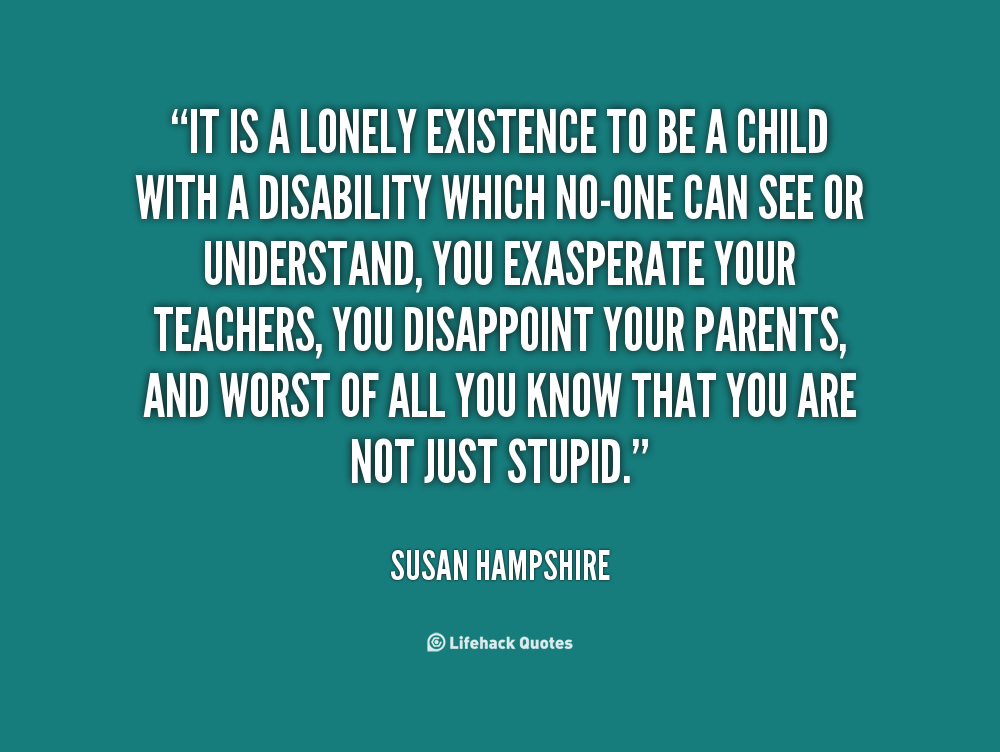 ” When reporting a death, it is better to use those slang expressions in which the child expresses himself: “Mom died because she drank a lot of bad drinks (the boy used this wording for 5 years) and fell ill. Her body could no longer fight the disease, it stopped working.” If death was due to an accident (which happens to a contingent of parents of our pupils), I explain that the person's body was damaged so badly that it stopped working. If it is indicated that the cause of death has not been established, “the document says that the cause of death has not been established, which means that it is not known what your mother died of.” It is important in the process of talking with a preschool child to convey information in a language that is accessible to him, in order to avoid the occurrence of neurotic fears in the future.
” When reporting a death, it is better to use those slang expressions in which the child expresses himself: “Mom died because she drank a lot of bad drinks (the boy used this wording for 5 years) and fell ill. Her body could no longer fight the disease, it stopped working.” If death was due to an accident (which happens to a contingent of parents of our pupils), I explain that the person's body was damaged so badly that it stopped working. If it is indicated that the cause of death has not been established, “the document says that the cause of death has not been established, which means that it is not known what your mother died of.” It is important in the process of talking with a preschool child to convey information in a language that is accessible to him, in order to avoid the occurrence of neurotic fears in the future.
After reporting the cause of death, I give an explanation: “When people get sick, their body can overcome the disease and recover. Their bodies continue to work. Most people who are injured can recover and live for a long, long time.” It is necessary to maintain not only emotional contact with preschoolers, but also establish tactile contact (put them on their knees, hug, caress). With teenagers, tactile contact should be exercised carefully, without overloading with hugs. Teenagers can react with irritation to touch, you also need to be prepared for this. Sometimes it is enough to touch your hands, or sit next to you, to feel warmth and sympathy. Here it is necessary to track the slightest nuances that are manifested in the gestures and movements of a minor.
Most people who are injured can recover and live for a long, long time.” It is necessary to maintain not only emotional contact with preschoolers, but also establish tactile contact (put them on their knees, hug, caress). With teenagers, tactile contact should be exercised carefully, without overloading with hugs. Teenagers can react with irritation to touch, you also need to be prepared for this. Sometimes it is enough to touch your hands, or sit next to you, to feel warmth and sympathy. Here it is necessary to track the slightest nuances that are manifested in the gestures and movements of a minor.
In general, it is necessary to create an environment of safety and participation. Answer questions honestly (including the cause of death). Be patient with negative behaviors. Be prepared for the manifestation of violent affective reactions. Create a safety zone so that the minor does not harm his health. When reporting the death of a loved one, siblings must take into account their interpersonal relationships, as well as age and individual characteristics. It is impossible to predict the reaction of children, therefore, in order to avoid mutual accusations and conflict situations, report the death of a loved one to siblings separately (especially when the age difference is small), first to the elder. There was also such a case in my practice when a 15-year-old teenager asked if the younger sibling (6 years old) knew. I replied that I didn’t know yet, then the teenager himself expressed a desire to make this message, because over the past few years he has replaced the younger parent.
It is impossible to predict the reaction of children, therefore, in order to avoid mutual accusations and conflict situations, report the death of a loved one to siblings separately (especially when the age difference is small), first to the elder. There was also such a case in my practice when a 15-year-old teenager asked if the younger sibling (6 years old) knew. I replied that I didn’t know yet, then the teenager himself expressed a desire to make this message, because over the past few years he has replaced the younger parent.
Our pupils have ambivalent feelings towards their parents. One teenager shouted: “Well, it’s good that she died, I didn’t see anything good from her, she did so many nasty things to me!” Teenagers also use obscene language. Here it is necessary to give the minor an opportunity to express sometimes shameful feelings. The psychologist accepts their existence without judgment. Legalization and recognition of such feelings by another person allow the child to reduce psycho-emotional stress: “You lost your mother, it’s hard for you, you have mixed feelings, you are angry with her because she didn’t love you the way you wanted. ” I use this wording to preserve the integrity of the teenager. To reduce the importance of the attitude: “If my mother didn’t love me, then no one will love me and no one needs me.” During the conversation, it is worth bringing the teenager to positive memories of his mother: “She was not always like that ... Alcoholism is a disease. What was she like when you were little…. To summarize: “She got lost in life and chose the wrong path. Life shouldn't end like this."
” I use this wording to preserve the integrity of the teenager. To reduce the importance of the attitude: “If my mother didn’t love me, then no one will love me and no one needs me.” During the conversation, it is worth bringing the teenager to positive memories of his mother: “She was not always like that ... Alcoholism is a disease. What was she like when you were little…. To summarize: “She got lost in life and chose the wrong path. Life shouldn't end like this."
If you see a child (especially a teenager) withdrawing into himself, showing no emotion and obviously very depressed, try to talk to him more, bringing him to the manifestation of true emotions. Adolescence is one of the critical years and the loss of a loved one can be experienced very acutely during this period. My colleague kindly shared her experience. When she told the 17-year-old teenager about the death of his mother, he did not utter a word, and only clenched fists and closed jaws indicated strong tension. According to a colleague: “He was sitting like a rock, and then I began to speak - I understand that now you want to cry, but you don’t, because you think that real men don’t cry, and you don’t want to look like a weakling in front of me ( you can mourn your mom when you're alone). Now I will cry for you." She wept (without hysteria), softly, with grief and sadness. The teenager's tension began to decrease, although he never uttered a single word, not a single tear. At the end of the meeting, he said: "Thank you." A colleague worked in a closed special school.
Now I will cry for you." She wept (without hysteria), softly, with grief and sadness. The teenager's tension began to decrease, although he never uttered a single word, not a single tear. At the end of the meeting, he said: "Thank you." A colleague worked in a closed special school.
It is very important to remove guilt from a child of any age at the moment of reporting a death by saying: "You are not to blame for what happened." Give the opportunity to express a storm of emotions (anger, anger, resentment, fear, etc.). And turn to positive feelings, resources, and discuss activities that bring relief, as well as support that the child can receive in his real environment.
When a minor is escorted to a funeral, it is necessary to conduct a preliminary conversation, where to inform the child about the funeral and burial procedures themselves, about how people present may behave. Explain that the attitude of these people towards the deceased can be different, hence their words and behavior can also be very different and be completely opposite. The child should know in advance that people can cry and even scream at the funeral, and this is normal. All information is presented taking into account the age and individual characteristics of minors. Give an understanding that the child can come to you at any time and not continue to participate in the funeral. It is worth making sure that the child really agrees to participate in the burial. If he does not want to go to the funeral, then in no case should he be forced or feel guilty about this. It's better to ask why he doesn't want to and give him the opportunity to talk about his feelings. Offer to visit the cemetery after burial. Feedback is required after the completion of the funeral ceremony. Since sometimes it happens that relatives force children to do what they do not want. A 6-year-old girl was forced to kiss her mother lying in a coffin on the forehead (I believe that it is not always correct for me to be next to the child, as in this case at the funeral service in the temple, that is, I watched from a distance).
The child should know in advance that people can cry and even scream at the funeral, and this is normal. All information is presented taking into account the age and individual characteristics of minors. Give an understanding that the child can come to you at any time and not continue to participate in the funeral. It is worth making sure that the child really agrees to participate in the burial. If he does not want to go to the funeral, then in no case should he be forced or feel guilty about this. It's better to ask why he doesn't want to and give him the opportunity to talk about his feelings. Offer to visit the cemetery after burial. Feedback is required after the completion of the funeral ceremony. Since sometimes it happens that relatives force children to do what they do not want. A 6-year-old girl was forced to kiss her mother lying in a coffin on the forehead (I believe that it is not always correct for me to be next to the child, as in this case at the funeral service in the temple, that is, I watched from a distance). But the fact that I saw this fact allowed me to work out the incident with the pupil in the future.
But the fact that I saw this fact allowed me to work out the incident with the pupil in the future.
It is imperative to talk about the deceased. Lead children to talk about feelings in connection with what happened. Listen to the memories of the deceased, stories about his life, even if they are repeated many times. In order not to block grief, but to react emotions outside, the child needs to be helped to live through the pain without collapsing. Non-judgmental listening is used as the main method. In order for a child to survive the loss and return to life, the “work of grief” must be done. And the task of a psychologist is to convey the idea that sometimes unfair and bitter events occur, but the world continues to be a fairly safe place, you can always find support and resources in it. The "work of grief" takes place in each child in an individual time frame, without a clear observance of the stages of experiencing loss. The psychologist in his accompaniment should "follow" the child, in no case ahead of events, be close by showing empathy and sympathy.
How to talk to children about death
Sooner or later every child will ask you questions about death. This is a topic that many parents try to avoid discussing: it’s scary and you don’t want to scare the child, it’s not clear what and how to say - there are more than weighty reasons to postpone a difficult conversation. But the time to spend it will still come. Psychologist Anna Skavitina on how to prepare for this conversation.
Anna Skavitina, psychologist, analyst, member of the IAAP (International Association of Analytical Psychology), supervisor of the ROAP and the Jung Institute (Zurich), expert of the Psychology journal
I remember how a terrible child's cry was heard in the apartment, and my child ran out of the room, holding a dead hamster in each hand. The hamsters decided not to part posthumously and, as in a fairy tale, "they lived happily ever after and died on the same day." Of course, it was a sad experience for the child, but he already knew that there would be a special funeral ritual next. Since these were not the first animals in the house, whose death he faced. And so, with tears in our eyes, we began to prepare for seeing off the animals on their last journey and discussing various moments from their lives.
Since these were not the first animals in the house, whose death he faced. And so, with tears in our eyes, we began to prepare for seeing off the animals on their last journey and discussing various moments from their lives.
Children, and even adults living in villages, towns, closer to nature, perceive death as a fairly common thing: spring, summer, autumn, winter and the fading (dying) of nature, which is again followed by spring, domestic animals, which grown for food. All my relatives and just acquaintances of the village grandmothers and grandfathers quite calmly tell their relatives and each other about how they should be dressed up on their last journey and discuss the death of their friends, albeit with sadness, but approximately like a trip to the nearest regional center. City dwellers living in apartments and houses isolated from each other face death most often on the TV screen in scary news. That is, with deaths, of which there are many at the same time, and even in the rituals that accompany people on their last journey, it is usually impossible to participate in real time. The perception of death in the modern world is moving further and further away from understanding the naturalness of this phenomenon.
The perception of death in the modern world is moving further and further away from understanding the naturalness of this phenomenon.
Children from an early age see toy, virtual deaths. Killed, died, came to life and fled. Computer games, where the hero has 9 lives, "talk" death, devalue its significance. And about real deaths, about the end of life, adults rarely talk with children and try to protect the child for as long as possible from contact with the experience of loss.
For example, a six-year-old child tells me in the office that his grandmother was abducted by aliens, or maybe she ran away with them. When he grows up, he will go looking for her. I ask how this happened, he answers that my grandmother lay at home for a long time, did not want to play with him, although earlier it was she who was the most playful, he was very angry with her, and then she suddenly disappeared. Therefore, he decided that she had been kidnapped. I’m interested in what my parents say about this, it turns out that the parents explain that my grandmother is “in other lands”.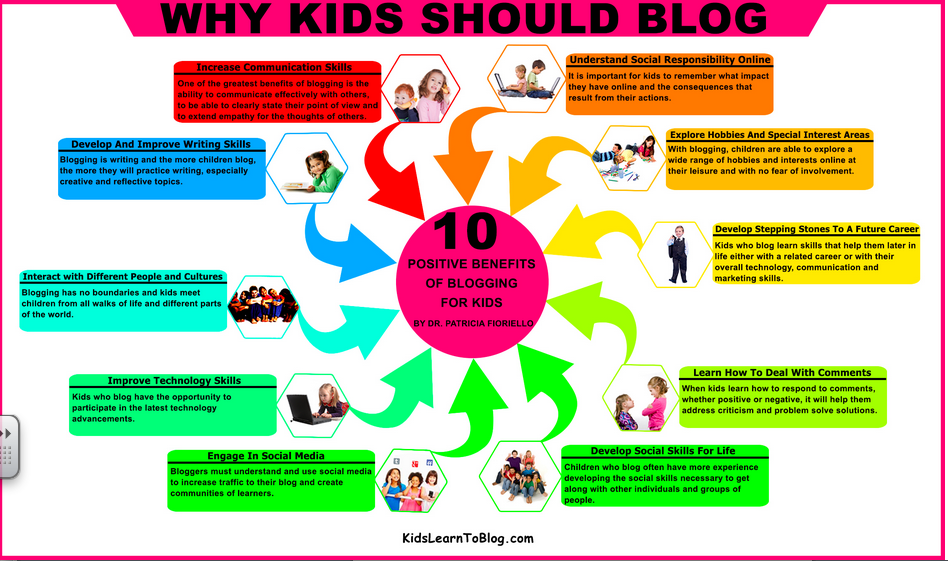 That is, they confirm the boy's hypothesis that his grandmother is alive and left him (or she was forced to leave him).
That is, they confirm the boy's hypothesis that his grandmother is alive and left him (or she was forced to leave him).
How do ideas about death change with age?
At the early preschool age, children are not at all aware of the finiteness of life. For example, a five-year-old boy, talking about a soldier who died during the game, reports that the soldier was killed, he died, he was buried in the ground. I ask, what will happen to him next? Then, he says, of course, an ambulance will come, they will dig him out and take him to the hospital for treatment. He will recover there and go to war again.
At the age of about 5-8 years, children begin to understand and accept the fact of the irreversibility of death. They begin to take an active interest in the attributes of death: skeletons, zombies, coffins, figurines and dolls with elements of Thanatos - the God of death. Children most often do not accept their own mortality, they are still immortal or hope that later they will figure out how to get the elixir of immortality.
At the age of 9 years and older, children and adolescents begin to fully realize the finiteness of life of all people and their own. This becomes a time of philosophizing, a search for questions about the meaning of life: why live if you die anyway. Often, attempts to realize irreversibility turn into flirting with death, risky actions, selfies on rooftops. I want to look death in the face and deceive it by running away, as if to take control into my own hands.
How to talk about death?
If a child does not ask any questions about death, this does not mean at all that you need to sit him next to him and tell him everything. Long lectures with detailed answers to unasked questions are not at all what children expect from you. There are children who establish causal relationships themselves. But if the children decide to ask a question on this important topic, then it is better to answer right away. You can carefully ask a couple of clarifying questions in order to more accurately understand what exactly interests the child. Do not give children a lot of information that they may not be ready for. Children need a short answer to a specific question.
Do not give children a lot of information that they may not be ready for. Children need a short answer to a specific question.
Questions about death before the age of 5-6 are usually about technical details. What it is? What does it look like? How long is all this? Will you die? And when? Will I get grandfather's things after his death? The more calmly parents will answer these questions, the better. If parents try to evade answers (why do you need this? I’ll tell you tomorrow. Let’s play better. Why are you asking any nonsense!) the child will most likely stop asking questions and come up with some kind of defensive story for himself - a hypothesis. What's bad about it? Only that behind unanswered questions, topics of concern to the child are hidden. Stories will cover up the mental stress of the child, but not remove it.
If someone close to you has died, it is better to explain what happened to the child in simple terms. When relatives keep silent, hide information, the child, reading the emotional state of others, guesses that something serious has happened, but if he does not receive any explanation, then his anxiety becomes more and more, which can also manifest itself as strong excitement, lack of concentration , and as freezing in facial expressions and feelings, slowness in actions.
Speak in simple phrases: "She is dead, we will never see her again, we will not visit her again." Try not to use euphemisms: "He left this earth", "She now lives on a cloud", "Angels took her away". Tell us, depending on your beliefs, what happens to a person after death. Explain that the body dies, but the memory of the person and his deeds lives on in the hearts of people. Discuss what you will remember about the deceased person. Briefly describe what post-mortem rituals will be performed. Ask the child if he would like to take part in some of these rituals and what opportunities there are to say goodbye to a deceased loved one. Do not force him to take part in those rituals for which he is not yet ready. It seems to many parents that the participation of a child in post-mortem rituals can be too much of a shock for him. Of course, it is up to you to decide, and maybe you are right - it will be unbearable for your particular child. But children do not have such a deep emotional involvement in the experience of death as an adult does, because the child does not yet have the most emotional experience that arises over the years, with the events experienced.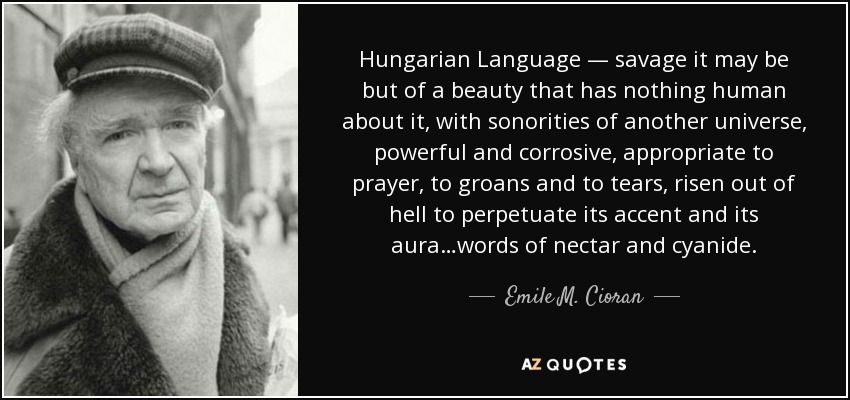 Often, adults unconsciously try to hide from their feelings, do not understand how to talk with a child about such difficult events, and that is why they do not allow him to participate in saying goodbye to a loved one.
Often, adults unconsciously try to hide from their feelings, do not understand how to talk with a child about such difficult events, and that is why they do not allow him to participate in saying goodbye to a loved one.
Children from whom the fact of the death of a loved one was concealed will still find out about it sooner or later. One teenage girl told me that her mother died when she was 5 years old, but those close to her said that her mother ... went on a business trip to Africa, for a long time, and would send her gifts from there. The girl suffered incredibly, considered her mother a traitor, but she took care of the “African gifts” that she received for her birthday and New Year. When she was 12 years old, her grandmother told the truth about her mother. “You see,” the girl said, “I sobbed inconsolably, and my grandmother said that it was too much to cry, it was a very long time ago. You see, they all once grieved together, and now I grieved all alone!”
Grieving alone without support is a very difficult experience for an adult, not that for a child.
For everyone, grief ended long ago, but for her the situation turned out to be a fresh wound, and all her hatred turned to her relatives who had deceived her.
If a loved one actively participated in the child's life, tell the child how his future life will be organized, what changes will take place in it. Which of the adults and how will be responsible for the things that the child did with the deceased relative. Who will wake him up in the morning or cook breakfast, who will walk with him, who will he visit now, who will hug him, who will answer questions. It is these specific things that make a child's life emotionally bearable. Give your baby time to grieve, but don't be surprised if after a few days he starts acting like nothing happened. The very manifestation of childhood grief can be short. Not because it is not deep, but because there is not enough strength for long intense feelings, since the child needs to divide his strength between grief and developmental tasks.

